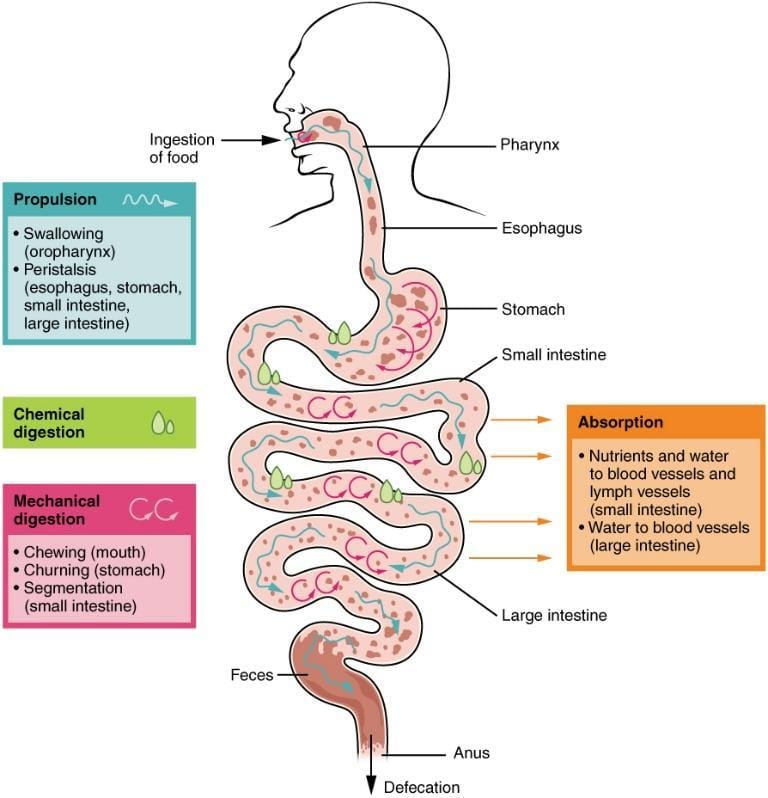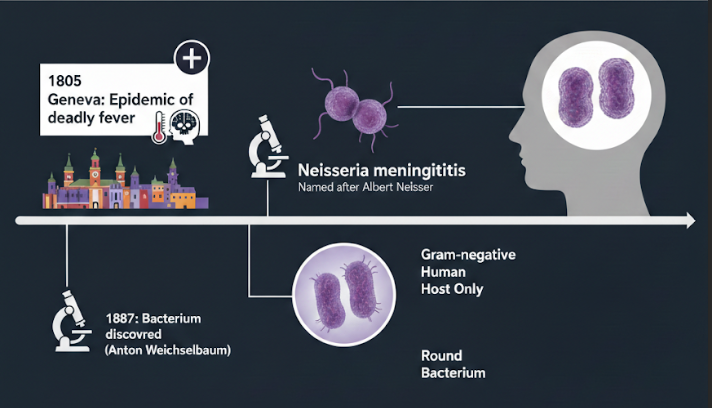Did you happen to witness the presence of a whole sweetcorn kernel in your stool today or have you been seeing undigested food pieces in your stool lately?
May sound Yucky! For those who encounter this on a regular basis, it is time to pay attention to the most important aspect of digestion – MOUTH aka chewing.
Let us understand how improper chewing can affect the digestion and the gut microbiome.
Digestion begins in the mouth

When we talk about GI (gastrointestinal tract), it includes the mouth, oesophagus, stomach, small intestine, large intestine and anus.
Digestion begins from the mouth. As soon as we start chewing, saliva gets released into our mouth.
Think of the mouth as a sensor. Depending on the type of food eaten, different enzymes like salivary amylase (for carbohydrate digestion) and salivary lipase (for fat digestion) are released. These enzymes help in the initial digestion and breakdown of food, and this reduces the burden on the stomach.
The stomach then gets the signal to release enzymes and hydrochloric acid for digesting the predigested mass of food known as the bolus, that reaches it from the oesophagus, thus continuing the process of digestion.
Result of improper chewing of food
The role of mastication or chewing of food, in the digestive process has not received adequate attention from medical and dental researchers. It is believed that impaired chewing function affects the oral bacterial flora and increases the risk of gastrointestinal pathologies.
Fragments of food that are too large to be digested completely can result in bacterial overgrowth in the colon which may lead to indigestion, bloating and constipation.
A review paper published in Biomedicines (2024) explores how oral challenges like poor dentition and missing teeth are associated with GI disturbances like IBS, reflux and ulcers.
This review shows that poor chewing can impact the choice of food selection which in turn can lead to multiple nutritional deficiencies and affect the gut microbial composition and balance. While many studies support this hypothesis, more robust studies are required to further establish this link.
However, there are many other benefits of chewing the food well which have been well documented and researched.
Importance of chewing
Feeling of satiety: A systematic review and meta-analysis published in Physiology & Behaviour found that prolonged chewing significantly reduces self-reported hunger and influences gut hormone release, including CCK and GLP-1, which promote satiety.
Low calorie intake: A study published in Appetite showed that participants who chewed each bite 40 times consumed 12% fewer calories compared to those who chewed only 15 times. The study linked this effect to slower eating, which allows the brain more time to register fullness.
Sham feeding models (where food is not given, but just something to chew) have shown that oral stimulation affects circulating ghrelin concentrations. Thus, it appears that chewing helps to modulate the hunger hormone – Ghrelin, which results in faster satiety or feeling of fullness.
Bioavailability of nutrients: Chewing increases the surface area of foods to allow more efficient breakdown by digestive enzymes, increasing the amount of nutrients our body can absorb from foods. For example, blood glucose peaks above baseline were found to be up to four times larger when foods (potato, sweetcorn, rice and apple) were chewed thoroughly for 15 seconds compared to no chewing at all.
The research also says that the particle size of the food that reaches the colon can affect the colonic microbiota and their metabolites, however more in-depth research is required to understand to what extent is the gut microbiome affected.
In a nutshell…

Chewing plays a crucial role in gut health, influencing digestion, nutrient absorption, and microbial balance.
To support digestion, the simplest yet most effective strategy is to chew food thoroughly and intentionally. Rather than eating while multitasking, focus on the taste, texture, and aroma of the meal.
This not only improves digestion but reduces air intake, preventing bloating and discomfort. By making mindful chewing a habit, we can create the foundation for better gut health and overall well-being.
-Rohini Prasad
References
Sophie Miquel-Kergoat, Veronique Azais-Braesco, Britt Burton-Freeman, Marion M. Hetherington (2015). Effects of chewing on appetite, food intake and gut hormones: A systematic review and meta-analysis, Journal of Physiology & Behaviour. https://doi.org/10.1016/j.physbeh.2015.07.017
Esther H.-J. Kim et.al. (2022), Chewing differences in consumers affect the digestion and colonic fermentation outcomes: in vitro studies, Journal of Food function, DOI: 10.1039/d1fo04364a
Kumar, A., Almotairy, N., Merzo, J. J., Wendin, K., Rothenberg, E., Grigoriadis, A., … Trulsson, M. (2022). Chewing and its influence on swallowing, gastrointestinal and nutrition-related factors: a systematic review. Critical Reviews in Food Science and Nutrition, 63(33), 11987–12017. https://doi.org/10.1080/10408398.2022.2098245
Rotaru, M., Singeap, A. M., Ciobica, A., Huiban, L., Stanciu, C., Romila, L., Burlui, V., Mavroudis, I., & Trifan, A. (2024). Oral Health and "Modern" Digestive Diseases: Pathophysiologic and Etiologic Factors. Biomedicines, 12(8), 1854. https://doi.org/10.3390/biomedicines12081854


